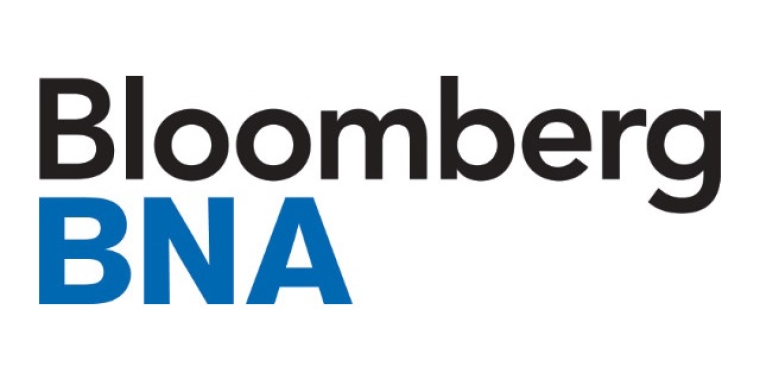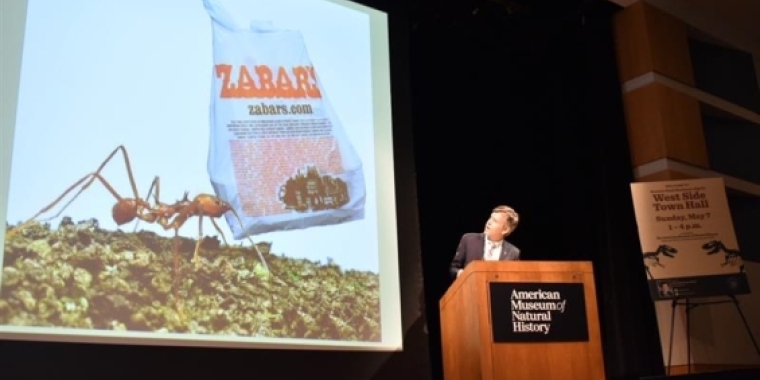
Companies' Testimony Sought in N.Y. Town's Dirty Water Case

Aug. 30 — Two companies linked to the contamination of the Hoosick Falls, N.Y., water supply may be subpoenaed to testify before the State Legislature, the ranking member of the state Senate Environmental Conservation Committee said Aug. 30.
Sen. Brad Hoylman (D), speaking at a Senate hearing at Hoosick Falls High School, said he hoped representatives from Saint-Gobain Performance Plastics Corp. and Honeywell International Inc. would voluntarily appear at a future hearing, but they could be subpoenaed.
“There are answers that we need from those companies as to what they knew and when they knew it,” Hoylman said at a joint hearing of the Senate Health and Environmental Conservation committees.
The Senate committees will hold two joint hearings with the state Assembly in Albany and on Long Island, according to Senate Health Committee Chairman Kemp Hannon (R). Dates for the hearings haven't been set.
Saint-Gobain and Honeywell have been named by the state as potential responsible parties under the state superfund law for contaminating Hoosick Falls water with the chemical perfluorooctanoic acid (PFOA).
Saint-Gobain and Honeywell Respond
While Saint-Gobain didn't testify, the company submitted a one-page statement to the committees. It said the company “remains fully committed to working closely with local, state and federal officials, with a shared focus on ensuring that the people of Hoosick Falls have drinking water that meets or exceeds current advisories set by EPA and New York, and in the investigation of the source and/or sources that is just getting underway.”
A Honeywell spokeswoman said the company hasn't been asked to appear.
“To the best of our knowledge, we did not receive a request to testify at the state Senate hearing,” Victoria Streitfeld, a spokeswoman for Honeywell, told Bloomberg BNA in an e-mail. “We remain responsive and cooperative and committed to addressing environmental conditions in the community.”
The hearing is likely to lead to new legislation, with key senators saying they wanted to prevent the situation in Hoosick Falls from happening elsewhere.
“Maybe once we get all the facts, we can provide a statewide solution so this won't happen again,” State Sen. John A. DeFrancisco (R), the deputy majority leader, told the hearing.
State Sen. Kathleen A. Marchione (R), whose district includes Hoosick Falls, said she will introduce bills to provide tax breaks to residents impacted by the PFOA contamination and to ensure they receive medical monitoring at no cost.
New York State Health Commissioner Howard Zucker told the hearing that actions by the Environmental Protection Agency on PFOA exacerbated the problems in Hoosick Falls and caused confusion about what level of exposure is considered safe.
Concerned Letter to EPA
Zucker and state Environmental Conservation Commissioner Basil Seggos asked the EPA in an Aug. 30 letter to reimburse the state for any response costs that are not recovered from responsible parties.
“In a span of a few months, the EPA shifted their position repeatedly—changing the level from 400 parts per trillion to 100 parts per trillion in a single town, and then changing the national advisory level from 400 parts per trillion to 70 parts per trillion,” the letter to EPA Administrator Gina McCarthy said, referring to PFOA advisories.
“In addition, the EPA has had different guidance for what to do when any of those levels are actually exceeded,” the letter said. “This generated undue public anxiety and different strategies and deployments for our agencies, resulting in the state marshaling unprecedented resources in order to adapt to the constantly shifting guidance and recommendations from the EPA.”
The state's investigation of PFOA contamination has expanded to include municipal landfills in Hoosick Falls and the nearby towns of Petersburgh and Berlin. The landfills were named by the Department of Environmental Conservation Aug. 29 as potential state superfund sites because of PFOA contamination.
